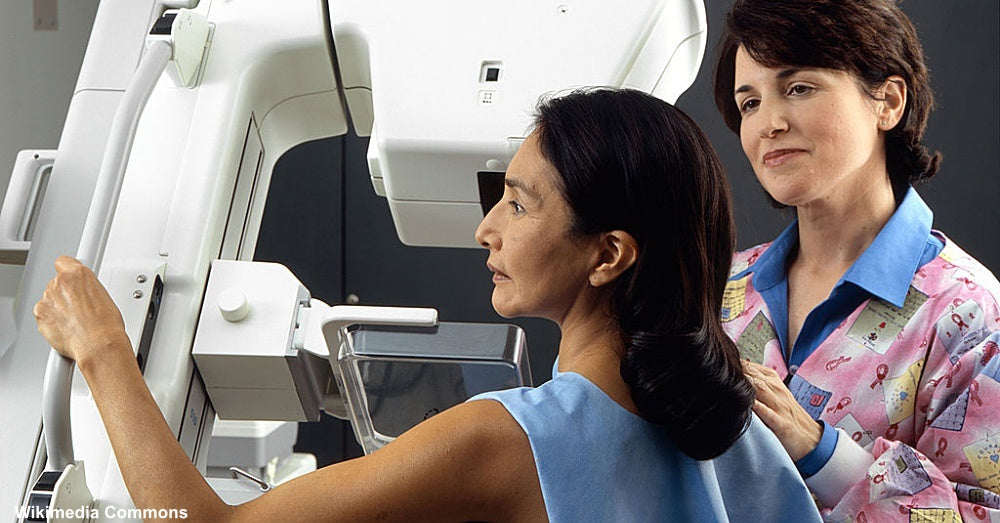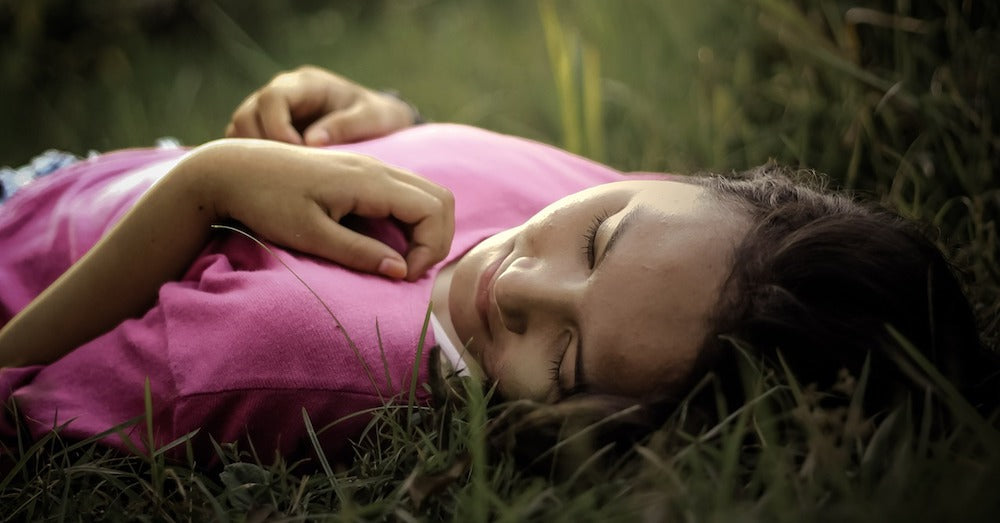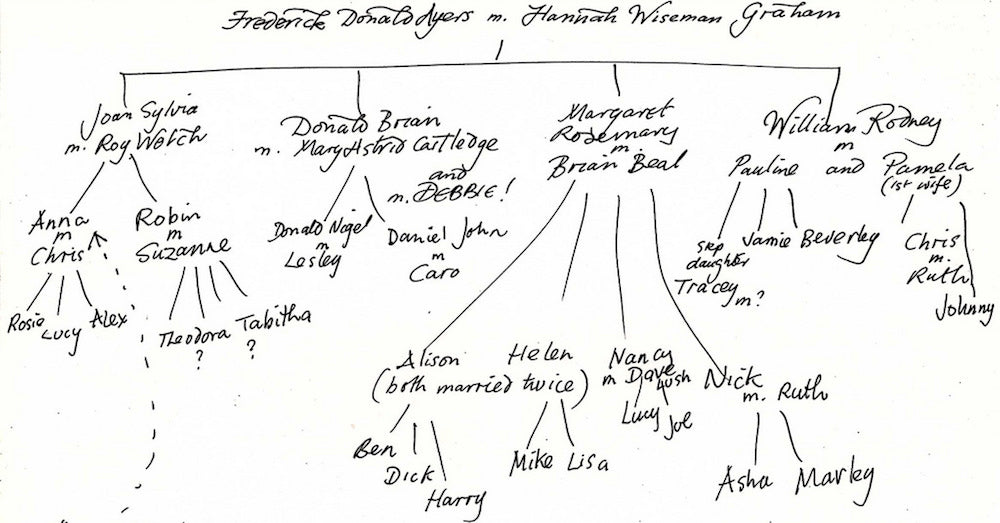8 Types of People Who 'Can't' Get Breast Cancer
Shopify API
Because there is still so much uncertainty surrounding breast cancer, people — understandably — have many misconceptions about it. Plenty of myths have been perpetuated about which types of people can and can not develop the disease. In reality, anyone who has breast tissue can get it. Here are some types of people who can in fact get breast cancer, despite the myths that may say otherwise.
8. Men
Men indeed have breast tissue, albeit a very small amount, which means that they can get breast cancer. Although less than 1 percent of all people with breast cancer are males, it is a possibility. Any man who notices a lump on his chest shouldn't hesitate to get it checked out.
7. Small-Breasted Women
Breast size has nothing to do with your risk of breasts cancer. The only difference may be in terms of detection, as bigger breasts are harder to examine than smaller ones. All women, regardless of breast size, should make sure to get their routine checkups.
 Photo: Pixabay
Photo: Pixabay
6. Those Without a Lump
Many people assume that if they don't have a lump, then they must not have breast cancer. While finding a lump in your breast is a good reason to visit the doctor, it's not a definitive sign of cancer, nor is it the only sign. Many lumps are benign tumors or cysts, and cancer can develop without creating lumps. Look out for other signs of cancer such as pain in the breast or nipple, swelling, skin dimpling, or breast discharge.
 Photo: Flickr/Saeima
Photo: Flickr/Saeima
5. People with a Negative Mammography Report
Like the absence of a lump, a negative mammogram may not tell the whole story. A mammogram is a fairly good indicator of the presence of cancer and should be performed regularly, but it's by no means foolproof. Up to 20 percent of cases of cancer go undetected with mammograms, so don't skip out on your clinical exams.
 Photo: Wikimedia Commons
Photo: Wikimedia Commons
4. Women with a Mastectomy
Once you remove breast tissue, the chance for developing breast cancer is nil, right? Unfortunately, no. Even for women who have had a mastectomy, cancer can still develop at the site of the scar. The good news is preventative mastectomies are nearly 90 percent effective. While there is still a chance of developing breast cancer after a mastectomy, it is a small one.
 Photo: Pixabay
Photo: Pixabay
3. Those with a Healthy Lifestyle
While leading a healthy lifestyle can help you lower your risk of developing breast cancer, it doesn’t eliminate the threat entirely. Those who exercise and eat a balanced diet can still get the disease. However, being overweight or obese does increase your breast cancer risk. Losing weight, quitting smoking, and limiting your alcohol intake are all helpful steps you can take to lower the risk.
2. People with Breast Cancer History Only on Father's Side
Because half of your genetic makeup comes from you father, factoring the history of breast cancer on your father's side of the family is just as important as factoring that of your mother's side. Look for instances of cancer among your paternal aunts, grandmother, and cousins, or find out if there have been instances of prostate cancer among the males.
 Photo: Pixabay
Photo: Pixabay
1. People with No Breast Cancer in Family History
About 70 percent of women who get breast cancer don't have the traceable risk factors of the disease, which means they don't have a family history of breast cancer. While having instances of breast cancer in your family does increase your risk, it doesn't mean you'll develop the disease. Conversely, not having breast cancer in the family doesn't mean you're in the clear. It's important for all women to stay on the ball and get their regular checkups.
 Photo: Flickr/Danny Ayers
Photo: Flickr/Danny Ayers
Researchers have a long way to go in order to fully understand breast cancer. Doctors recognize certain risk factors increase the likelihood of developing the disease, but nobody is exempt. Don't let a healthy lifestyle or an impeccable family history keep you from getting your regular exams.
Finding a lump in your breast can be a frightening ordeal. Yet, cysts in breast tissue are quite common and are often benign.

 Photo:
Photo:  Photo:
Photo: 